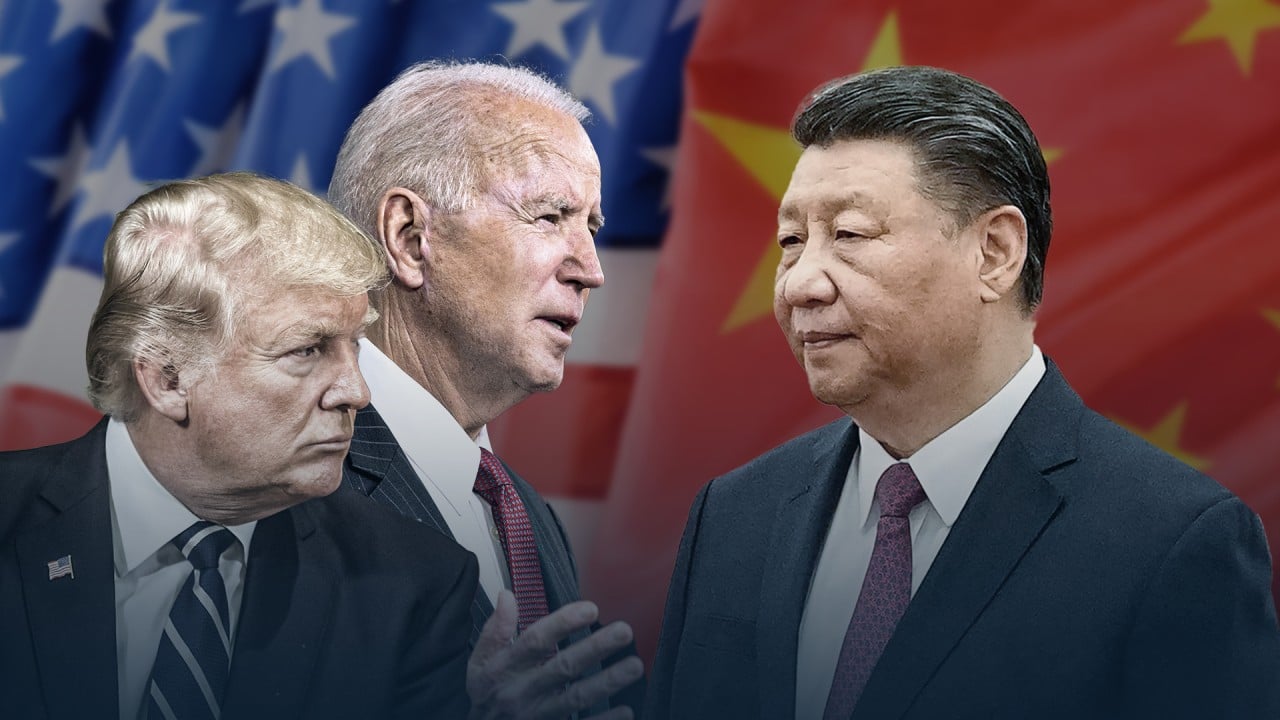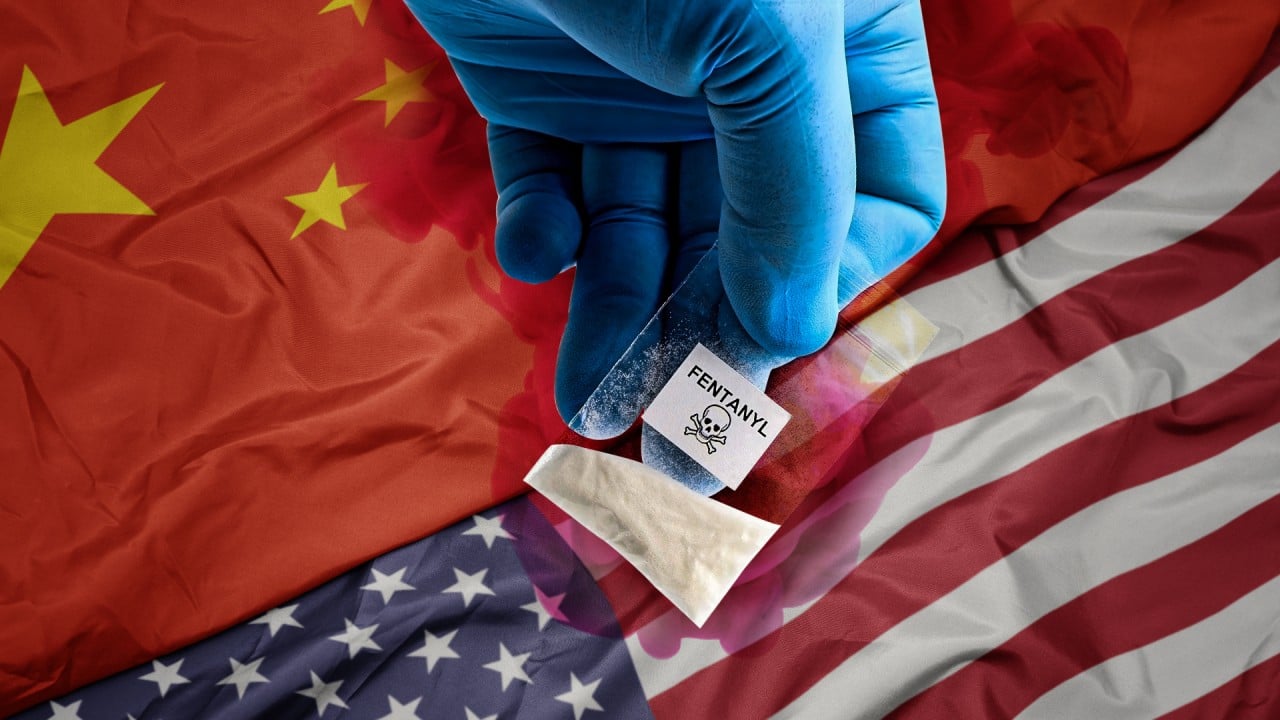
China’s exports to Mexico are getting heavier tariffs – is it a sign of more to come?
- Mexico has established new or higher tariffs on a long list of imports, directly affecting China and raising questions over what else could be in store
- Pressures mounting on Latin American country to limit its trade relationship with China, especially in role as ‘springboard’ to US market
Tariff hikes, levying 5 to 50 per cent in additional import costs, have kicked in for 544 products entering Mexico. The higher rates only apply to countries without free trade pacts with the Latin American country, which includes China – its second-largest trading partner and a growing source of shipments over the last two years.
“[The tariffs are] to provide certainty and fair market conditions to domestic industrial sectors that face vulnerability derived from practices that altered and affected international trade,” read a Mexican government statement from April 20 regarding the change.
Affected products include steel, aluminium, textiles, clothing, musical instruments and furniture.
The tariffs present a new hurdle for Chinese businesses as they search for new export destinations, with traditional supply chains altered after escalations in economic tensions with the US.
China’s investment in Mexico is up – but is dodging US tariffs the whole story?
While the Mexican government said the new tariffs were intended to “balance changes in the market to avoid economic distortions” to its domestic industries, geopolitical and trade experts named pressure from Washington as another factor.
To help stop growing trade flows and – probably – demonstrate resolve to Washington, Mexico has started applying tariffs
“To help stop growing trade flows and – probably – demonstrate resolve to Washington, Mexico has started applying tariffs,” Elms said.
Liu Xuedong, professor in economics and engineering at the National Autonomous University of Mexico, also sees Mexico’s move as a result of prodding from Washington, as lawmakers from both US parties put forward a proposal in March to reimpose a 25 per cent per cent tariff on Mexican steel amid concerns from US trade groups about a surge in imports.
Chinese steel exports to Latin America reached a record high in 2023 according to industry association Alacero, while steel production in the region fell almost 4 per cent year on year.
“In the long run, I don’t think the Mexican authorities would continue to increase the tariff rates,” Liu said, adding Chinese companies that have already moved to Mexico would be minimally impacted. Most of the companies in question, he said, are not involved in steel or aluminium and would otherwise be exempted from tariffs.
These tariffs aim to protect domestic industry from the tsunami of Chinese imports. My guess is they will be revised upwards
However, Jorge Guajardo – Mexican ambassador to China from 2007 to 2013 – said he thinks China could expect more tariffs from Mexico and other developing countries, as politicians look to appease domestic players who have grappled with increased competition.
“These tariffs aim to protect domestic industry from the tsunami of Chinese imports. My guess is they will be revised upwards in the future,” said Guajardo, now a partner at Dentons Global Advisors in Washington.
These import duties will not apply to goods originating from countries with an existing free trade agreement – most notably the US – and will not affect industrial production in certain sectors like auto parts.
Both Mexico and the United States have presidential elections this year – Mexico in June and the US in November – and the races are drawing attention to potentially drastic transformations of supply chains down the line.
Donald Trump, former US president and presumptive Republican candidate for this year’s contest, has said he would target cars made in Mexico by Chinese companies with a 100 per cent tariff.
Guajardo said there could be greater repercussions for trade between Mexico and China following the elections.
“My guess is all candidates will be in favour of erecting further tariffs against Chinese imports,” he said. “They all face an outcry from domestic manufacturers [over] unfair competition from depressed Chinese prices.”



